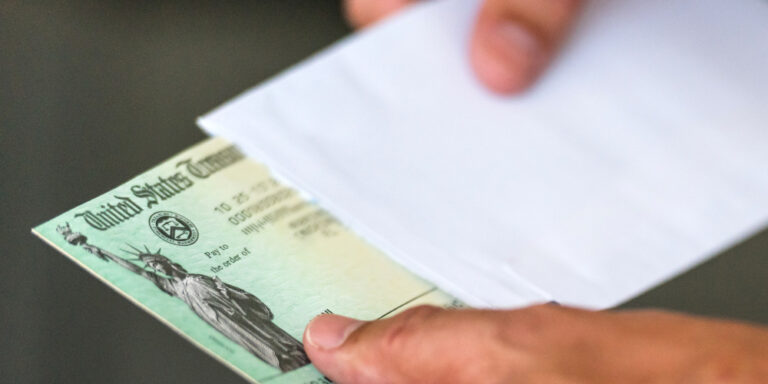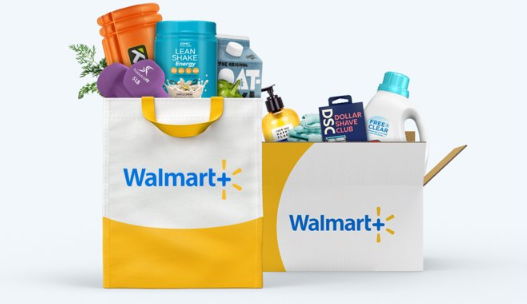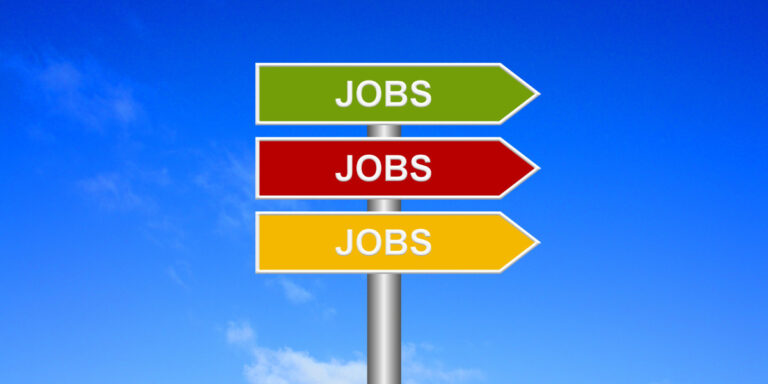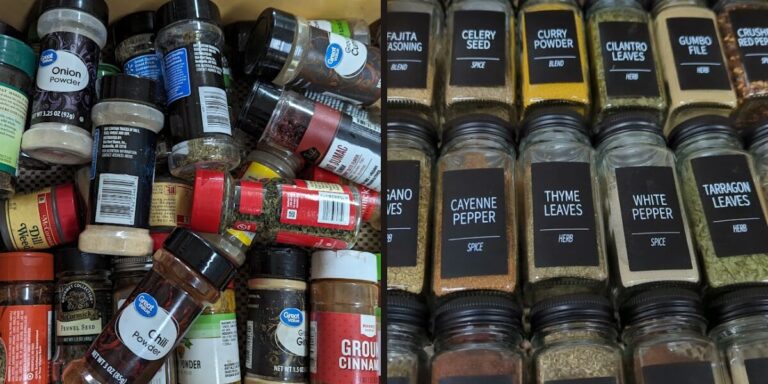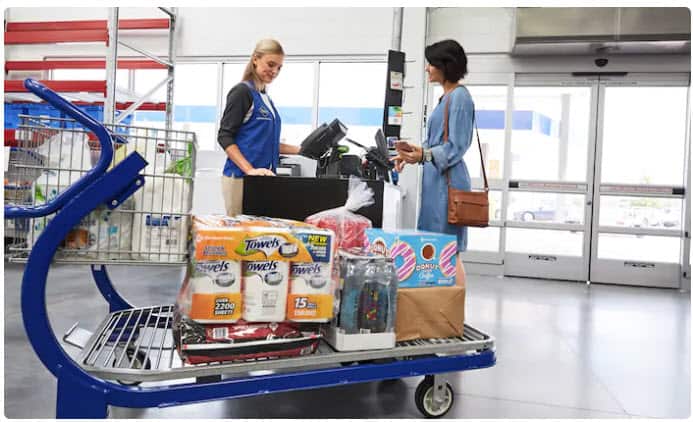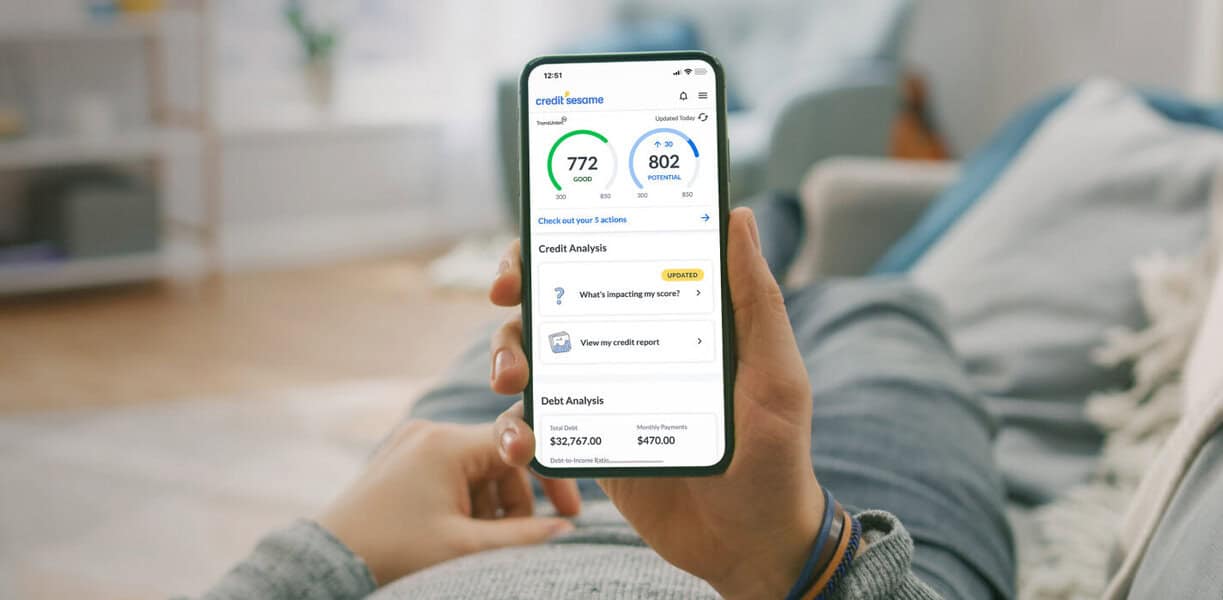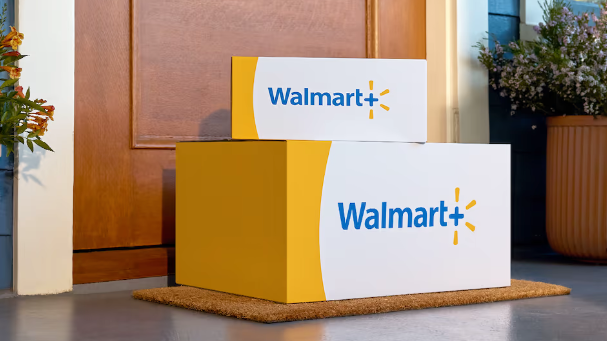 Keeping Fruit and Veggies Fresh
Keeping Fruit and Veggies Fresh
Fruits and vegetables can be expensive and are a necessary part of a healthy diet. There are certain steps you can take to ensure the longest shelf life possible. Keep reading, to learn more.
Know What to Store Separately
Keeping all of your produce in the same location can actually shorten freshness lifespan. Some fruits such as bananas, apricots, avocados and peaches release a gas called ethylene as they ripen.
This gas has an adverse effect on certain sensitive fruits and vegetables. This includes apples, carrots, potatoes and many green vegetables. Ultimately, storing these two groups together leads to disaster.
Choose different storage locations to increase shelf life!
Wash Before Eating
It’s common practice to wash fruits and veggies before eating or cooking with them. However, it’s best to clean them right before consumption, rather than doing it as soon as you return from shopping. Storing damp produce only promotes mold growth, which causes it to go bad faster.
Use the Fridge (When Necessary)
Putting produce in the refrigerator is often the best way to store it. But, some items don’t benefit from being kept cold. Tomatoes, for example, rot faster and have less flavor if you store them in the fridge.
It’s best to seal cut up fruits and veggies in a sealed glass container and refrigerate (and eat) as soon as possible. Glass is recommended because it reminds you of what’s stored in each one and is more environmentally friendly than plastic.
Freeze Foods for Storage
When you plan on storing extra produce for longer periods, consider freezing it instead of keeping it in the refrigerator. Here’s a few tips to get you started…
- Freeze fruits and veggies when they’re at their peak of freshness.
- Blanch vegetables first, then submerge in ice water.
- Freeze fruits and vegetables quickly.
- Store in heavy-weight, air-tight containers or freezer bags. Be sure to date the packages.
- Fill containers to the top and remove as much air as possible from freezer bags.
- Vegetables that hold up well to cooking (corn, peas) generally freeze well, too.
- For better texture, try eating previously frozen fruit before it’s completely thawed.
- Fruits and veggies freeze best at 0-degrees F or colder.
- Store frozen fruits for about a year; vegetables, about 18 months. (Storing longer is fine, but the quality may decline.)
Additional Tips
- Both fresh herbs and all salad greens do best when stored in tightly sealed bags. Before closing these bags, add a little bit of air.
- Store onions and potatoes (along with the above-mentioned tomatoes) in a cool dry place. The basement is typically ideal, as long as it stays mildew free.
- Aluminum foil is celery’s best friend. Wrap the vegetable in it and store in the crisper.
- The ideal way to store a pineapple is to cut off the leafy top and place the fruit upside down in the refrigerator. This redistributes the sugar and the pineapple stays fresher longer.

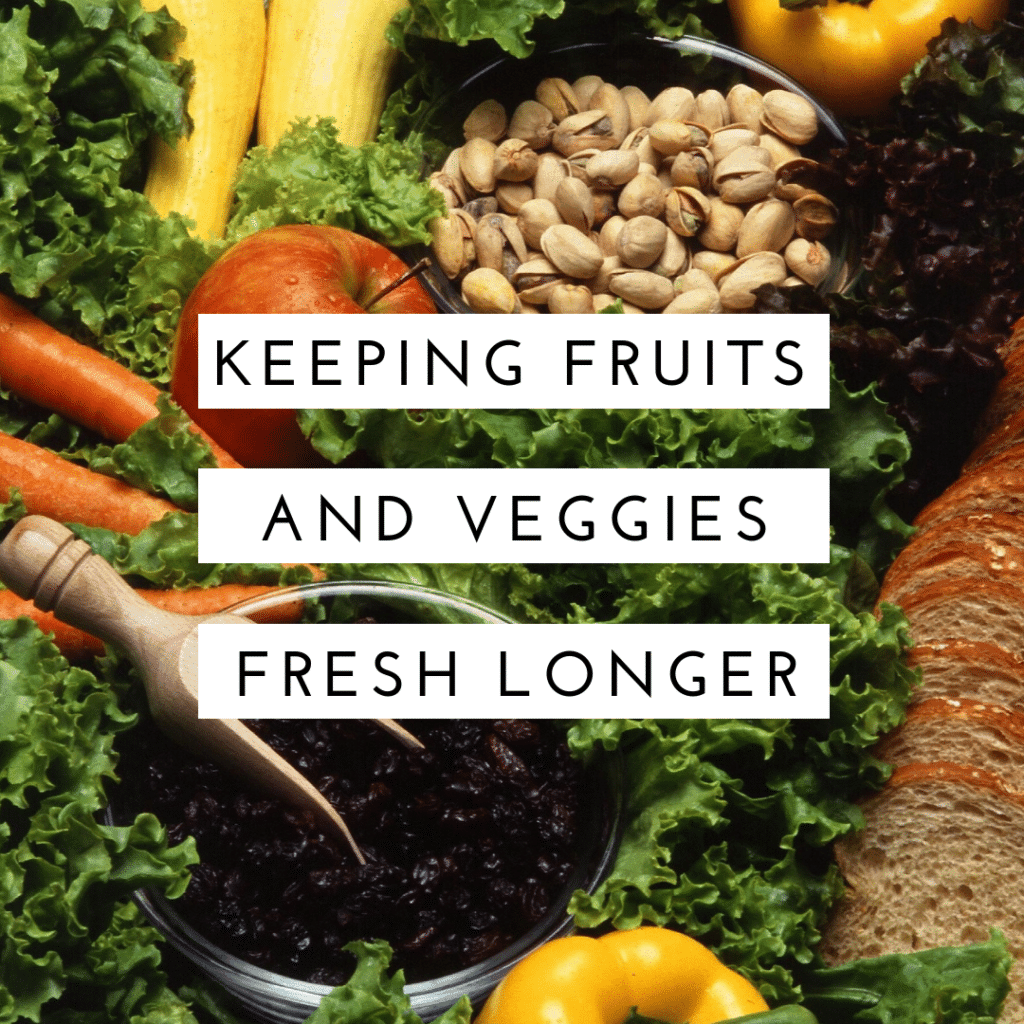 Keeping Fruit and Veggies Fresh
Keeping Fruit and Veggies Fresh